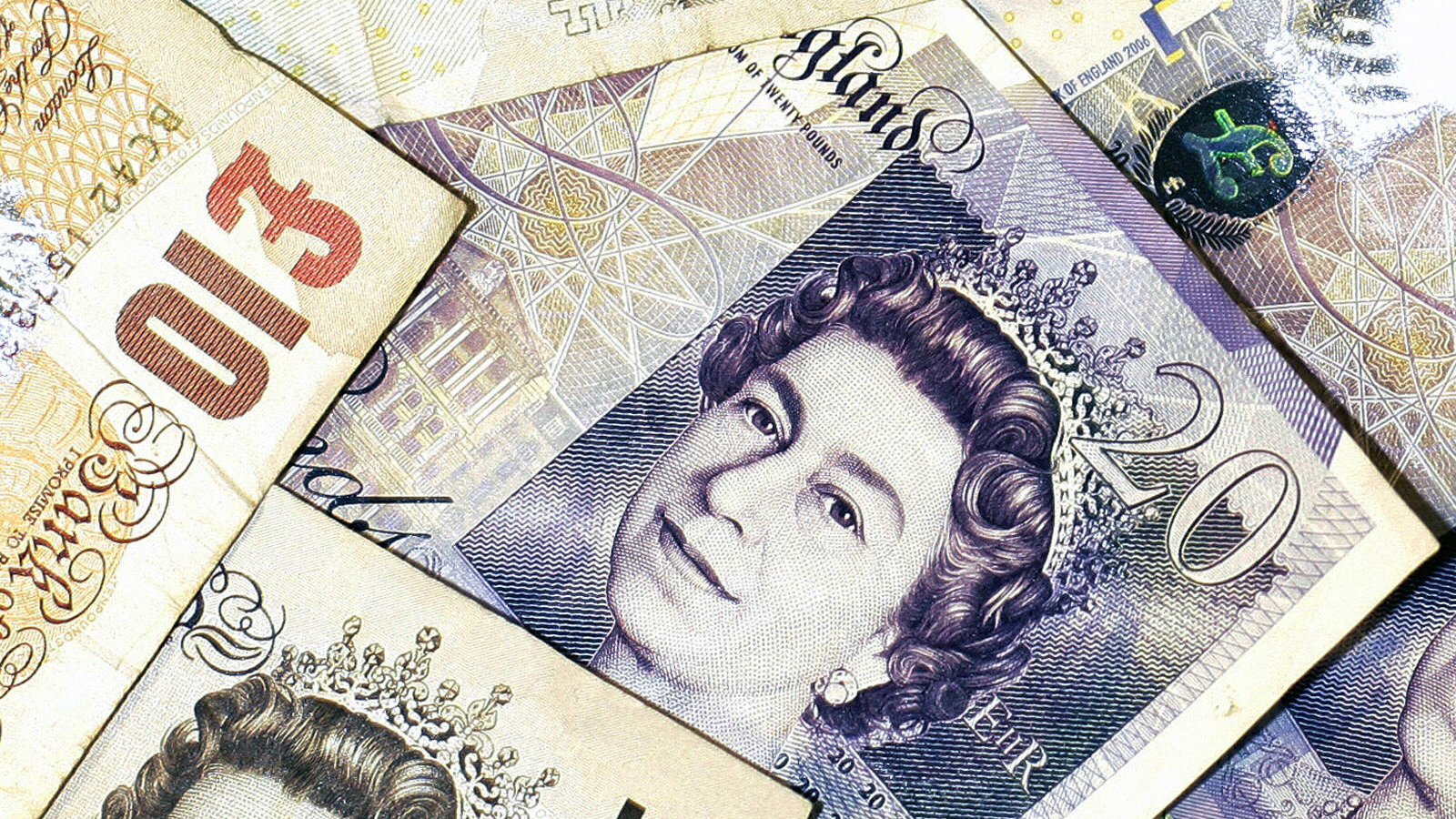Wage growth beats expectations in three months to April
Official data shows 3.4% rise after forecasts of 3.1%

A free daily email with the biggest news stories of the day – and the best features from TheWeek.com
You are now subscribed
Your newsletter sign-up was successful
Wage growth was faster than expected in the three months from February to April.
Official data shows that pay rose by 3.4% compared with a year ago. This beats forecasts from markets and economists, which had expected a slip in average earnings, excluding bonuses, to 3.1%.
The growth was powered by a 3.8% annual jump in pay for April alone - the largest single-month rise since May 2008.
The Week
Escape your echo chamber. Get the facts behind the news, plus analysis from multiple perspectives.

Sign up for The Week's Free Newsletters
From our morning news briefing to a weekly Good News Newsletter, get the best of The Week delivered directly to your inbox.
From our morning news briefing to a weekly Good News Newsletter, get the best of The Week delivered directly to your inbox.
However, the Resolution Foundation has said that average pay is still a little below its peak of 11 years ago, once you adjust the data for the rising cost of living.
Meanwhile, the Office for National Statistics claimed that the unemployment rate remained at 3.8%, adding that has not been lower since the final quarter of 1974.
The employment rate for women was the highest on record - at 72%. Changes to the state pension age leading to fewer women retiring between the ages of 60 and 65 are said to be behind this stat.
The various figures have “highlighted that the labour market remains strong despite the lack of clarity over how Britain's scheduled departure from the European Union will play out”, Yahoo News says.
A free daily email with the biggest news stories of the day – and the best features from TheWeek.com
The UK labour market “so far appears to have bucked any uncertainty around the timing and terms on which Britain will leave the European Union, in contrast to other parts of the economy”, Sky News says.
However, The Guardian points out that “in a potential sign that the country’s jobs boom could be running out of steam”, the Office for National Statistics said the number of job vacancies in the UK fell to 837,000, falling from 861,000 at the start of the year.
The pound edged up amid predictions that the Bank of England could support another quarter-point interest rate rise this summer to 1%. The currency was up 0.2% at $1.2710.
-
 How to Get to Heaven from Belfast: a ‘highly entertaining ride’
How to Get to Heaven from Belfast: a ‘highly entertaining ride’The Week Recommends Mystery-comedy from the creator of Derry Girls should be ‘your new binge-watch’
-
 The 8 best TV shows of the 1960s
The 8 best TV shows of the 1960sThe standout shows of this decade take viewers from outer space to the Wild West
-
 Microdramas are booming
Microdramas are boomingUnder the radar Scroll to watch a whole movie
-
 Labour shortages: the ‘most urgent problem’ facing the UK economy right now
Labour shortages: the ‘most urgent problem’ facing the UK economy right nowSpeed Read Britain is currently in the grip of an ‘employment crisis’
-
 Will the energy war hurt Europe more than Russia?
Will the energy war hurt Europe more than Russia?Speed Read European Commission proposes a total ban on Russian oil
-
 Will Elon Musk manage to take over Twitter?
Will Elon Musk manage to take over Twitter?Speed Read The world’s richest man has launched a hostile takeover bid worth $43bn
-
 Shoppers urged not to buy into dodgy Black Friday deals
Shoppers urged not to buy into dodgy Black Friday dealsSpeed Read Consumer watchdog says better prices can be had on most of the so-called bargain offers
-
 Ryanair: readying for departure from London
Ryanair: readying for departure from LondonSpeed Read Plans to delist Ryanair from the London Stock Exchange could spell ‘another blow’ to the ‘dwindling’ London market
-
 Out of fashion: Asos ‘curse’ has struck again
Out of fashion: Asos ‘curse’ has struck againSpeed Read Share price tumbles following the departure of CEO Nick Beighton
-
 Universal Music’s blockbuster listing: don’t stop me now…
Universal Music’s blockbuster listing: don’t stop me now…Speed Read Investors are betting heavily that the ‘boom in music streaming’, which has transformed Universal’s fortunes, ‘still has a long way to go’
-
 EasyJet/Wizz: battle for air supremacy
EasyJet/Wizz: battle for air supremacySpeed Read ‘Wizz’s cheeky takeover bid will have come as a blow to the corporate ego’